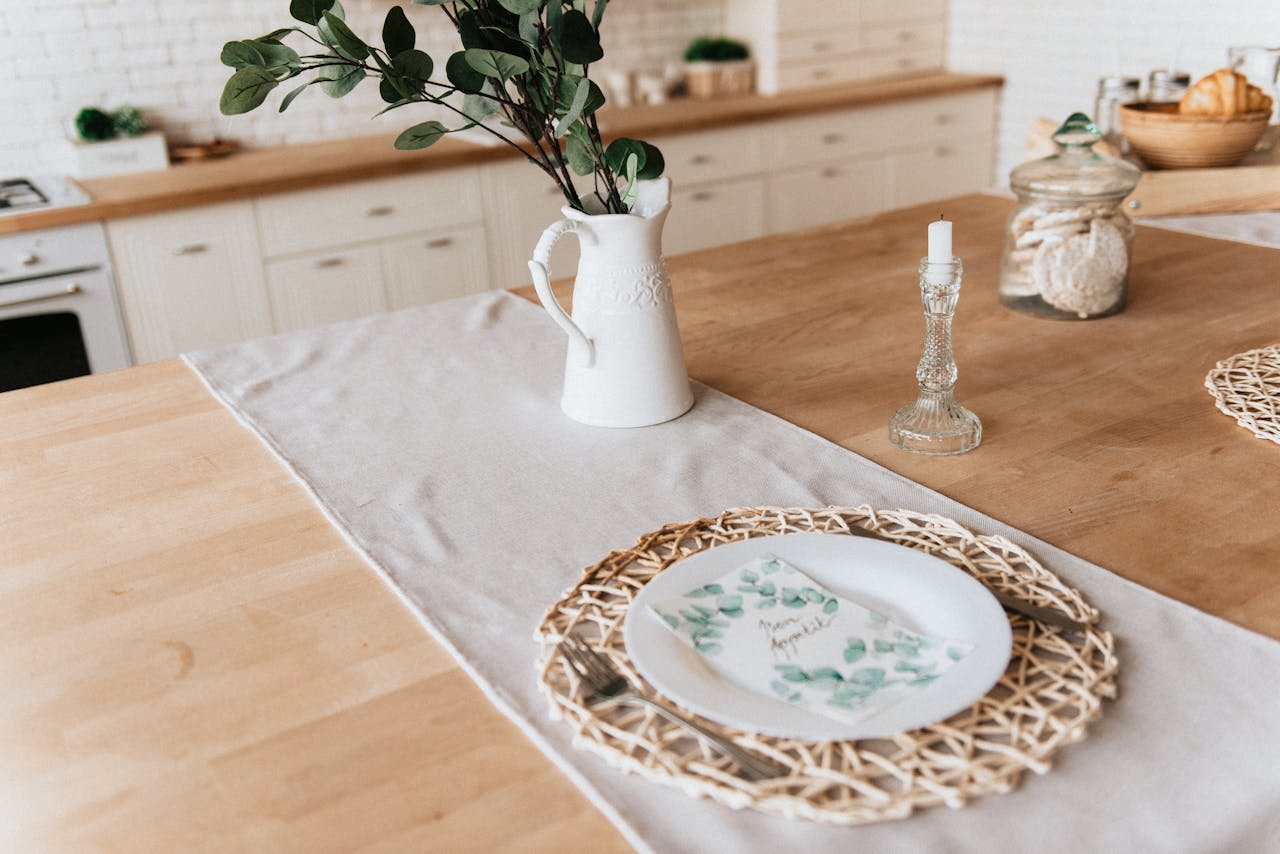Many women will admit to struggling with insecurities. The ageless question of “Am I enough?” can plague a woman’s mental and emotional wellbeing. As difficult as it is to deal with these women’s insecurities, living in the age of social media only adds fuel to the fire. Women deal with a society that flaunts its successes and either hides or ridicules people’s mistakes. This adds to the pressures of living up to vague and intangible ideals.
Areas of women’s insecurities.
 A woman may struggle with insecurities in many areas. They affect fears for her personal safety and concerns about her social status, relationships, or sense of self. She may wonder whether the people around her accept her or secretly judge her appearance or actions. This will affect the way she views herself, how she dresses, the way she behaves, what she shares on social media, and so much more. Loma Linda Christian Counseling offers support to help women navigate these insecurities and build confidence in their identity.
A woman may struggle with insecurities in many areas. They affect fears for her personal safety and concerns about her social status, relationships, or sense of self. She may wonder whether the people around her accept her or secretly judge her appearance or actions. This will affect the way she views herself, how she dresses, the way she behaves, what she shares on social media, and so much more. Loma Linda Christian Counseling offers support to help women navigate these insecurities and build confidence in their identity.
These issues aren’t only isolated to women, but many women find themselves struggling with one or several of the following insecurities.
Identity issues.
The question “Who am I?” is a perennial one in women’s insecurities. A woman often finds herself asking what roles she should occupy in a turbulent culture. Loud voices on one side say she should pursue radical independence coupled with sexual freedom, career and professional achievement. Other voices are urging the pursuit of more traditional roles.
There is enormous pressure to do it all, and there’s no shortage of ideas about what that means. Many women juggle career and family in an impossible circus act that leaves them emotionally and mentally worn out. There is much internal and external pressure to be the perfect mom, lover, or friend, even though this is not achievable.
Society sends women mixed messages, which can lead to a deep sense of confusion and uncertainty. If a woman is strong, she may find herself questioning if she’s too strong and off-putting to others. Then again, she may also wonder if she is lovable and desirable, and whether a life of deep and meaningful relationships is available to her.
Body image.
Body image issues affect many women, and they wonder if they are good enough. It doesn’t help that our society constantly bombards women with images of beautiful models in ads for things as mundane as toothpaste or tampons.
constantly bombards women with images of beautiful models in ads for things as mundane as toothpaste or tampons.
The body positive movement has enormously helped women love the bodies they’re in. Despite the movement’s good intentions, the focus is still on a woman’s body and not her character and other innate qualities.
If she’s in a committed relationship such as a marriage or a romantic relationship, many women also contend with the question if they are enough for their partners. The proliferation of pornography and easy availability of random hookups will often conspire women to feel insecure about their bodies. Women’s insecurities regarding their body image include weight, wrinkles, grey hairs, cellulite, and sagging skin, just to name a few.
Work insecurities.
A woman in the workplace may wonder if she meets some unattainable standard in her work. Being in the workplace raises certain concerns for women, such as whether male colleagues will accept a female boss, whether she is competent in her career, and whether she is respected by her colleagues. She may feel questioned or judged over whether she may be abandoning other responsibilities such as her home life.
Many women also must contend with the nagging question over competency. This may stem from comments she receives and amplified by her own insecurities. The specter of imposter syndrome in the workplace means that many women feel like they are waiting to be discovered for the frauds they feel themselves to be. Imposter syndrome is still more prevalent among women, and specifically women of color.
Safety worries.
Women’s insecurities about safety include emotional safety within relationships, with men and with other women. Women worry about whether they can be their true selves in their romantic relationships, marriages, and friendships. These insecurities often hold them back from the intimacy they crave.
A woman may experience insecurity over her personal safety. This could affect decisions about whether she would be safe working in a particular career or whether she should be living or working in certain locations. She might worry whether her social activities or the way she dresses puts her at risk of some form of violence against her.
Violence against women is an all-too-common reality, whether the acts are committed in public or in domestic violence. Having one’s life choices determined by fear is no way for anyone to live. Yet many women silently face these safety worries every day.
These insecurities and many others are fostered in several ways. Women received mixed messages through social and other media. Certain Scriptures, such as Proverbs 31, are handled in such a way that it creates spiritual burdens that no woman could ever shoulder.
Overcoming insecurities and finding peace.
For many women, a life laden with insecurities is all they know, and that feels normal to them. There are many ways to deal with insecurities, but not all of them yield peace, contentment, and wholeness. The heart of the matter is that we all need God to intervene in our lives and for the gospel to transform us from the inside out.
 Women are caught trying to find value and define themselves outside of who God says they are. We understand who we are and see ourselves as worthy based on our own ideas.
Women are caught trying to find value and define themselves outside of who God says they are. We understand who we are and see ourselves as worthy based on our own ideas.
Our insecurities come from trying to ground our lives on shifting sands, such as if your body looks a certain way, you’re beautiful and worthy of love. But these ideas can never hold the weight of our hopes, dreams, or fears. Jesus came to show us that we can derive our sense of self from what God says.
When we try to define our identity outside of God, as Adam and Eve did (Genesis 3), we place a heavy burden on ourselves. Women too often carry the burden of pleasing others, trying yet failing to fit the definitions others have for them as well as their own ideas of who they’re supposed to be. We were never meant to define ourselves. Instead, we should look to God to define who we are and what we are meant to be.
To women who are insecure and exhausted, Jesus says, “Come to me, all you who are weary and burdened, and I will give you rest. Take my yoke upon you and learn from me, for I am gentle and humble in heart, and you will find rest for your souls. For my yoke is easy and my burden is light” (Matthew 11: 28-30, NIV).
Jesus places a certain burden on His disciples. He does have a yoke and a burden. Part of that burden is accepting the fact that you don’t have life figured out, you can’t measure up, and you need a savior. He calls women to recognize their insecurities are undermining their wellbeing and that of the people around them. But taking Jesus’ yoke upon us is what will give us rest from the relentless pursuit of our own ends.
To overcome your insecurities, continually preach the gospel to yourself and speak God’s truth over your life. It’s okay that you aren’t perfect. God knows it, but He loves you anyway (John 3:16; Romans 5:8). This truth frees you to challenge negative thoughts that deepen your insecurities.
Create time for input from God through reading Scripture, fellowship with other godly women, and prayer. Knowing Scripture well allows you to discern the many ways you and others can distort it to produce unhealthy pressures on yourself and a life contrary to God’s purposes.
Other ways to begin overcoming insecurities include:
Self-compassion rooted in what Jesus says about you.
Be kind to yourself and speak words of encouragement over yourself. This will allow you to accept yourself for who you are and appreciate who God made you to be.
Have a growth mindset.
The joyous freedom of being in Christ is that you can fail, but you can get up and try again. “He who began a good work in you will bring it to completion at the day of Jesus Christ” (Philippians 1: 6, ESV).
Yours is an ongoing journey in becoming a better wife, mom, friend, daughter, sibling, or worker. Doing life well is not about an all or nothing mindset; by pursuing faithfulness and not success, you give yourself room to improve.
Allow God to heal your wounds.
Some insecurities are born of psychological abuses. Negative words and actions she received in her formative years and beyond can take root in her heart. God can deal with those deep wounds, but it requires her vulnerability and listening to His voice above any others. Whatever putdowns or insults you’ve endured, Jesus speaks a better word over you. It is one of unending love for you.
Avoid the comparison trap.
Women’s insecurities are also generated by comparing yourself to others and feeling like you come up short. Social media is one of the biggest offenders in this regard, with people posting perfect pictures of their families and lives. Do yourself a favor and take a social media break. Instead, connect with people in person, and learn to love your life for what it is.
Counseling to address women’s issues.
There are many reasons for women’s insecurities. Some of them stem from interactions with others, and some come from a woman’s inner disposition toward herself and the world. One way to work through these insecurities is to walk with a Christian counselor. Your counselor will help you unpack and address your wounds in a compassionate way inside a non-judgmental space.
The damage done by the messages the world puts out, as well as experiences such as verbal and physical abuse, can go deep and take time to process. You can work through your insecurities, fears, and concerns with a Christian counselor during individual or group counseling.
In counseling, you can discern the roots of your insecurities and the lies about yourself that you’ve believed. Your counselor can help you begin to learn healthy patterns of self-talk and behavior. Reach out today and connect with a Christian counselor at Loma Linda Christian Counseling who will be a partner in your journey toward wholeness and peace.
“Three Women”, Courtesy of Pexels, Pixabay.com, CC0 License; “Woman on the Beach”, Courtesy of George Dagerotip, Unsplash.com, CC0 License; “Woman in White Shawl”, Courtesy of RondellMelling, Pixabay.com, CC0 License; “Woman on the Beach”, Courtesy of Jeremy Bishop, Unsplash.com, CC0 License
-
Kate Motaung: Curator
Kate Motaung is the Senior Writer, Editor, and Content Manager for a multi-state company. She is the author of several books including Letters to Grief, 101 Prayers for Comfort in Difficult Times, and A Place to Land: A Story of Longing and Belonging...
DISCLAIMER: THIS ARTICLE DOES NOT PROVIDE MEDICAL ADVICE
Articles are intended for informational purposes only and do not constitute medical advice; the content is not intended to be a substitute for professional medical advice, diagnosis, or treatment. All opinions expressed by authors and quoted sources are their own and do not necessarily reflect the opinions of the editors, publishers or editorial boards of Stone Oak Christian Counseling. This website does not recommend or endorse any specific tests, physicians, products, procedures, opinions, or other information that may be mentioned on the Site. Reliance on any information provided by this website is solely at your own risk.






